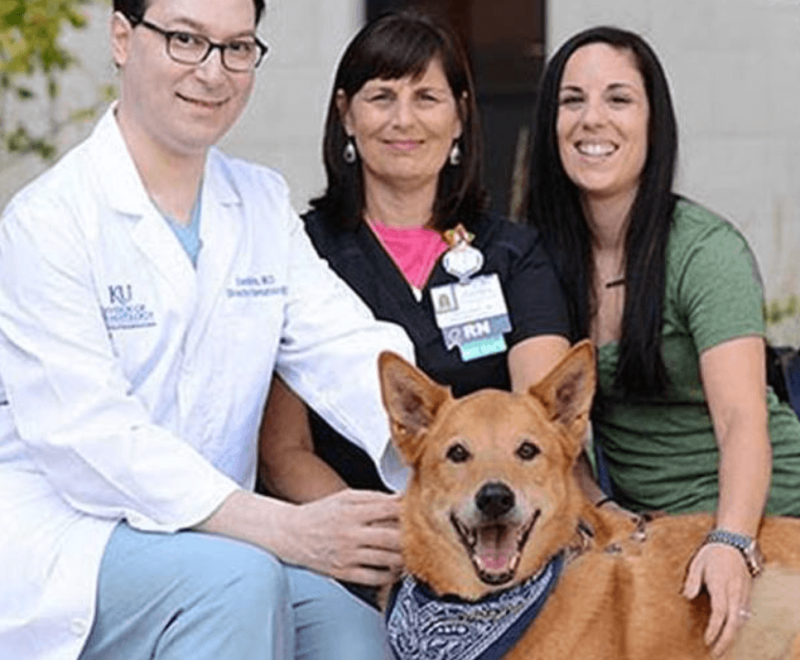The growing interest in dogs reflects researchers’ frustration with the standard approach to developing cancer treatments: testing them in lab animals, especially mice. Mice don’t normally get cancer — it must be induced — and the immune systems in many strains of lab mice have been altered. That makes them especially poor models for immunotherapy….
Dogs, on the other hand, get cancer naturally, just as people do, and have intact immune systems.
…
Immunotherapy is the latest rage in veterinary medicine, just as in human cancer treatments. Researchers hope studies in dogs can help explain why some people benefit from the approach and others don’t.
…
Not everyone is sold on the idea that pets will be that helpful for testing treatments in people. Many experiments are in the early stages. Laurence Baker, an oncologist at the University of Michigan who specializes in bone cancer, said that while he is “agnostic” about using pets for research, “in this area, as in too many areas of research, there is a lot more hype than success.”
Proponents of comparative oncology dispute that, saying the similarities of some cancers suggest benefits for both species.
The GLP aggregated and excerpted this blog/article to reflect the diversity of news, opinion, and analysis. Read full, original post: New tricks in canine cancer research may improve treatments for humans, too































